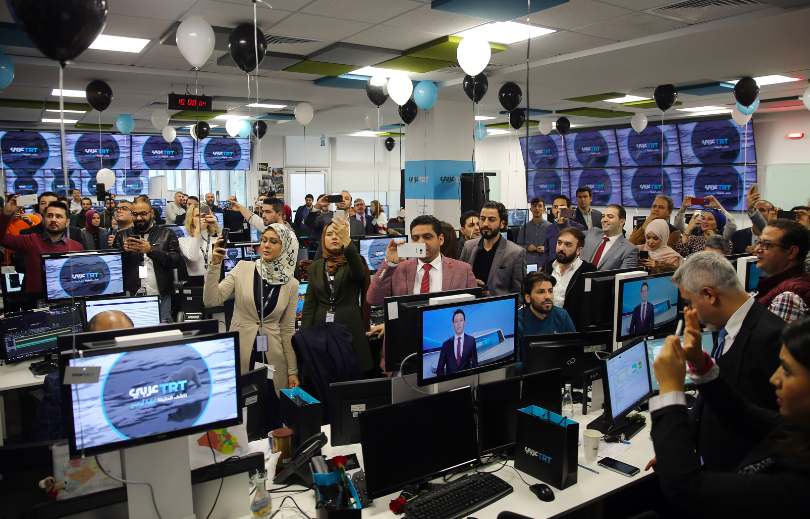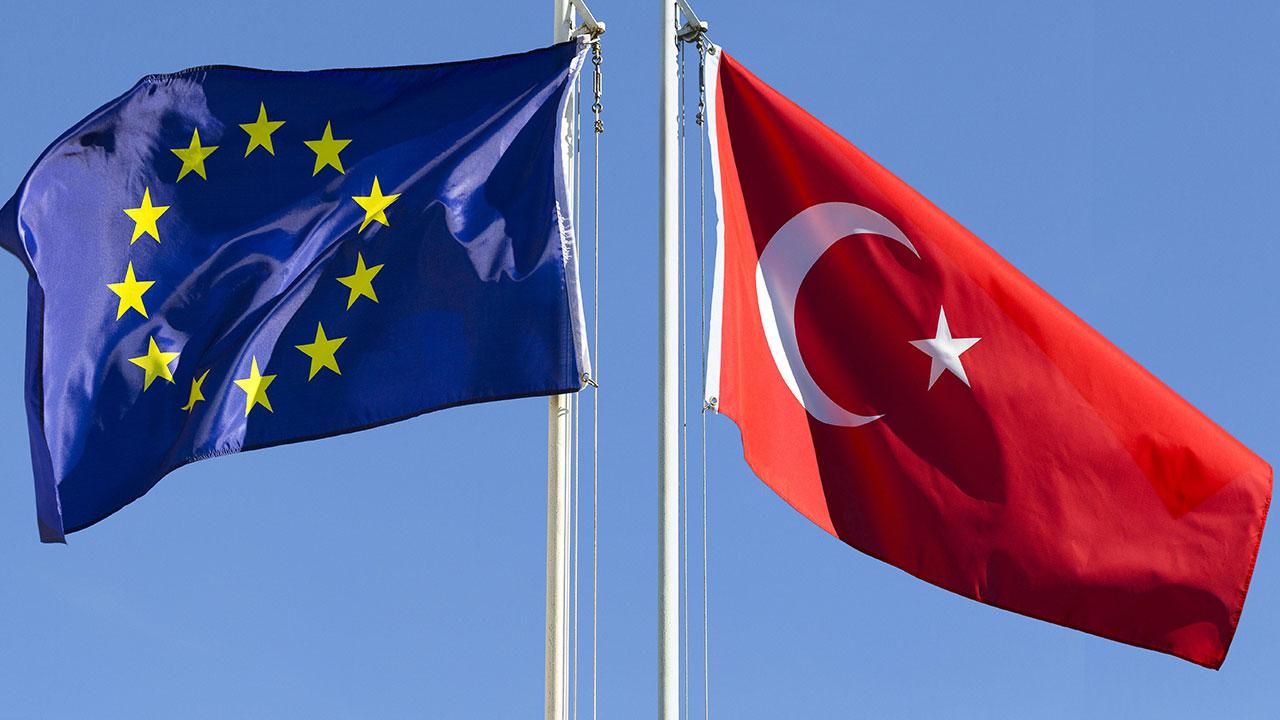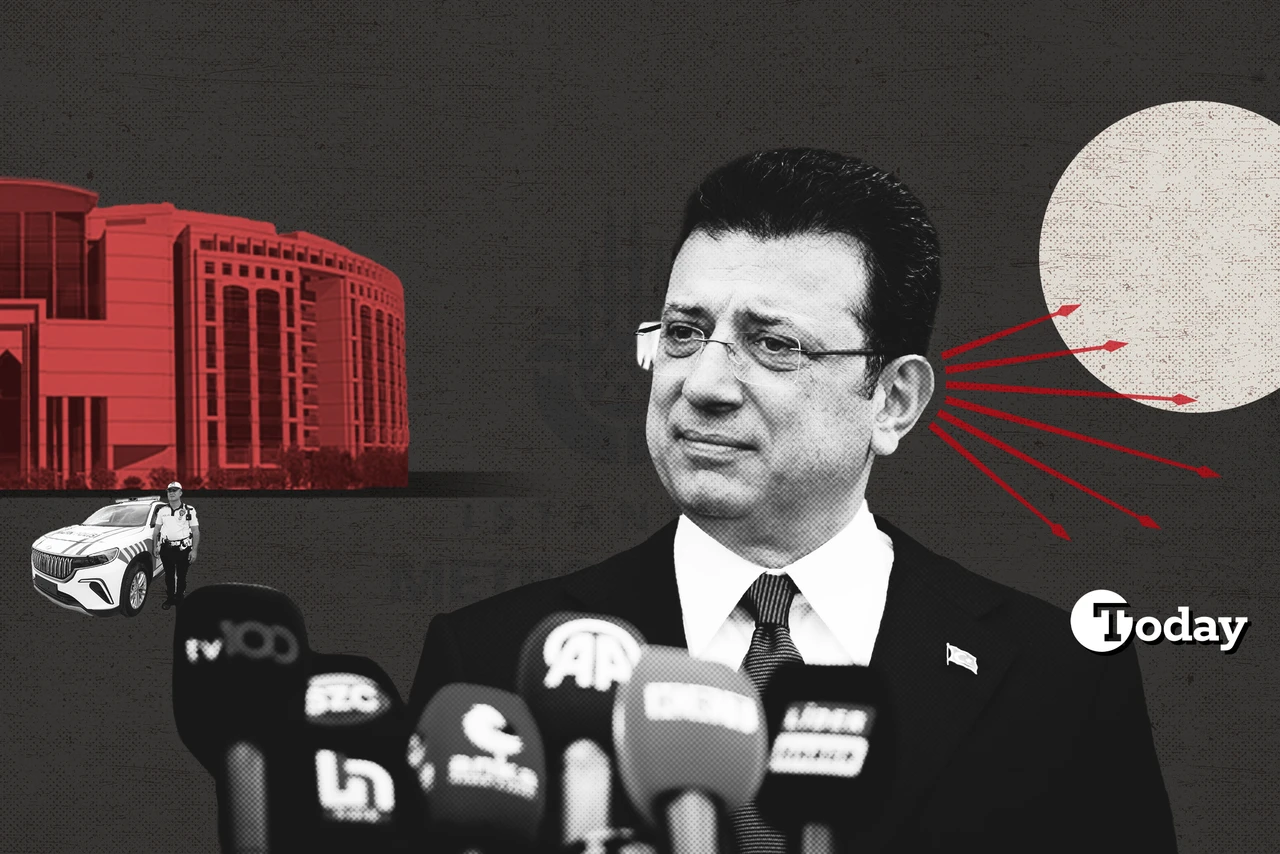EU report highlights Türkiye’s growing soft power on global stage
The EUISS report highlights Türkiye’s multifaceted approach, showcasing its growing influence through diplomatic finesse, economic expansion and cultural exports across a number of regions
The European Union Institute for Security Studies (EUISS), based in Paris, has released a report titled “Türkiye’s Cards in the World,” drawing attention to Türkiye’s rising global status.
The report highlights Türkiye’s expanding footprint in various regions worldwide, both economically and through its educational initiatives and the popularity of Turkish television series in Africa, the Middle East, the South Caucasus and the Western Balkans, reflecting its successful projection of soft power.
The report draws attention to Türkiye’s pivotal role in economic and educational spheres, as well as its cultural exports, across the Western Balkans, South Caucasus, Middle East, and North Africa. The report underscores Türkiye’s significance as a key player, showcasing its multifaceted and adaptable approach that solidifies its reputation as a robust and dependable partner.
Türkiye as a balancing force in Western Balkans
In the Western Balkans, Türkiye’s strategic and military importance within NATO and its support for the region’s Euro-Atlantic aspirations remain crucial for the EU’s strategic interests. The report highlights Türkiye’s role as a balancing force in the region, its participation in NATO, EU, and U.N. peacekeeping missions, and its efforts to enhance military cooperation with regional countries.
Türkiye’s cultural exports, technological advancements and diplomatic finesse have contributed to its growing influence in the Western Balkans, symbolized by the Anadolu Agency’s regional offices broadcasting in five languages and TRT’s presence in the region.

Türkiye’s close relationship with Azerbaijan stands out in the South Caucasus, leveraging Moscow’s declining influence in the region to expand its sphere of influence. Despite challenges like complex geopolitical dynamics, especially with Armenia, Türkiye has focused on improving its image in Georgia and Azerbaijan through development and cultural initiatives.
Humanitarian diplomacy stands out
Türkiye’s advocacy for Palestinian rights, hosting refugees, and humanitarian aid efforts have garnered attention in the Middle East and North Africa, reflecting its increasing power in the region. Türkiye’s emphasis on humanitarian diplomacy and education initiatives in the region, including the Mevlana Exchange Program and Türkiye Scholarships, underscores its commitment to the region’s development.
In Africa, Türkiye’s multifaceted approach to diplomacy, economics, and security has positioned it as a reliable partner. Its initiatives, including humanitarian aid, infrastructure projects, and investment, have earned Türkiye praise and solidified its image as a key player in the continent’s transformation.
Türkiye, EU should foster dialogue
Overall, Türkiye’s expanding influence across these regions signifies a shift in global power dynamics, with Ankara emerging as a significant player. Its diverse strategies encompassing diplomacy, economics, and cultural ties have reshaped regional landscapes and challenged established alliances. As Türkiye continues to strengthen its ties with Africa, the Middle East, and beyond, its role as a global actor is set to become even more pronounced.

The report concludes with recommendations for the EU to engage constructively with Türkiye in these regions, recognizing its potential to contribute to regional stability, economic growth, and security cooperation. It suggests fostering dialogue and cooperation to unlock economic benefits, enhance regional security, and address common challenges effectively.
Source: Newsroom



